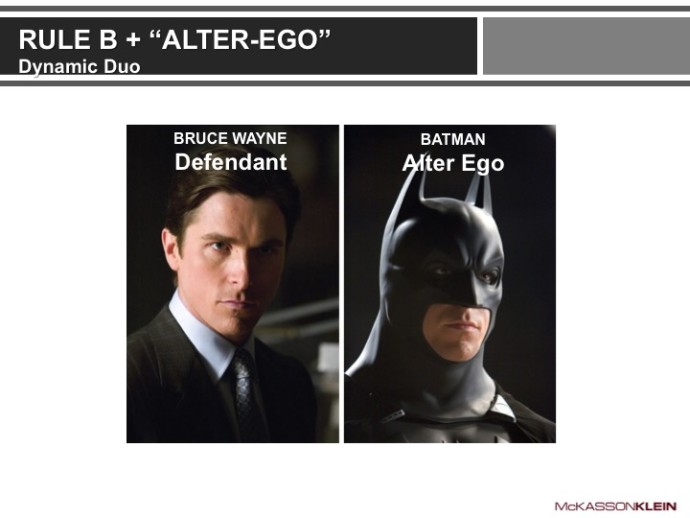
How does “Alter-Ego” work in a maritime context in the United States? With difficulty, despite suggestions to the contrary!
Rule B offers a prejudgment attachment mechanism in maritime cases to obtain jurisdiction over an absent defendant, and to obtain security for plaintiff’s claims. It is known as an “extraordinary remedy” that can be used to support foreign proceedings (such as London arbitration).
The “extraordinary” part is that a defendant’s assets can be attached even if the dispute is between foreign parties, the defendant has no business presence in the U.S., and the claim is governed by foreign i.e. non-U.S. law. Plaintiff has the advantage of complete surprise: at the same time it files the complaint to start the lawsuit, it can obtain an order to seize defendant’s assets – without defendant being present in court to object. By the time defendant learns of the attachment, its assets have already been seized!
While target entities are hiding their assets, plaintiffs are casting a wider net to snare those same assets, with alter ego allegations.
Since EFTs (electronic fund transfers of US dollars via New York banks) are no longer “attachable assets” (due to the 2009 Bank of India decision in the 2nd Circuit), there has been an increase in Rule B cases that name subsidiaries, related entities and paying agents as co-defendants and attach their property to secure claims against the primary defendant (often a parent company). Plaintiffs rely mainly on an “alter ego” theory that the co-defendant operates under a different name, but in reality lacks separate legal existence i.e. they are one and the same.
The danger for maritime alter ego defendants is that the seized assets can remain frozen for as long as it takes to resolve the underlying claim in the foreign proceeding – which could be years!
U.S. maritime rules try to balance the one-sided nature of Rule B attachments by giving a defendant the right to a “prompt hearing” soon after the attachment, where plaintiff has the burden to show it has “a valid prima facie admiralty claim” against that defendant. In practice, this means the complaint must “allege sufficient facts to support a reasonable belief that the property is subject to forfeiture.”
Defendants Position: So how can owners, charterers and other maritime defendants attack or avoid a Rule B attachment?
- Argue that admiralty law, like corporate law, presumes that corporate entities are distinct and will only pierce the corporate veil in “extraordinary circumstances”
- Challenge the sufficiency of the complaint allegations:
- Close relationship not enough: “total dominion” by one entity over the other required
- Attack alleged facts: courts require specific facts to show alter ego e.g. lack of corporate records, undercapitalization, siphoning/intermingling funds, failure to observe corporate formalities, overlapping officers & directors, common office, staff, phones & website
- Present own evidence to undermine alter ego factors i.e. show named defendant is truly separate
- Contest conclusory statements: factual allegations are required for “reasonable belief”
- Insulate from Rule B attachment: register in jurisdiction and appoint agent for service of process (company will then be “found” within the district, which voids Rule B application)
Plaintiff Position: Conversely, plaintiffs should do their due diligence homework really well, before filing a complaint based on alter ego.
- Make sure there are sufficient facts (not conclusory statements) supported by documentation and declarations from key witnesses and investigators
- Consider naming “garnishees” that may hold assets (e.g. bunkers, charter hire or cargo) belonging to target defendant; this will be important at the immediate “prompt hearing” and once the defendant files a motion to vacate the attachment.
The standard at the Rule E(4)(f) prompt hearing is whether there is a “reasonable probability” plaintiff will prove its alter ego theory at trial. Ultimately, alter ego cases are decided on the circumstances of each case, and allegations sufficient for one judge may not suffice for a judge in another jurisdiction.
As one plaintiff found out to its cost in a 4th Circuit case in 2013, a “close business relationship or fleet connection” does not equal reasonable belief to support alter ego!
